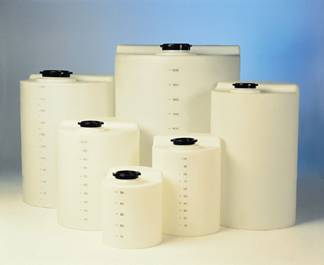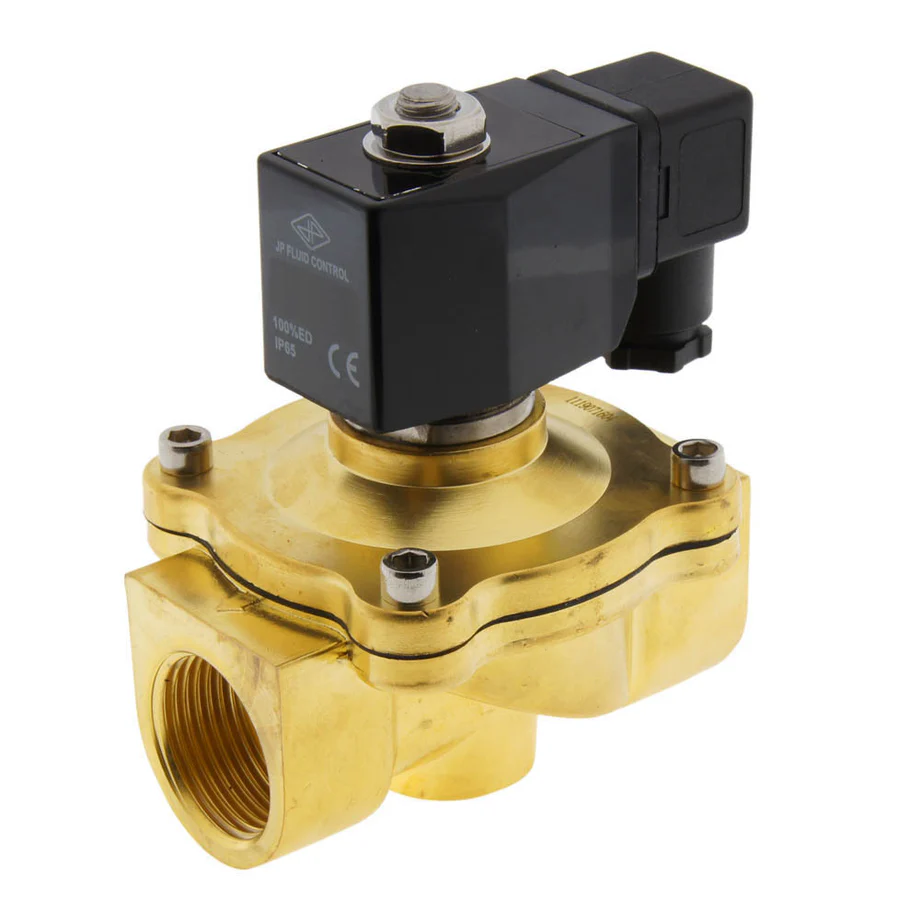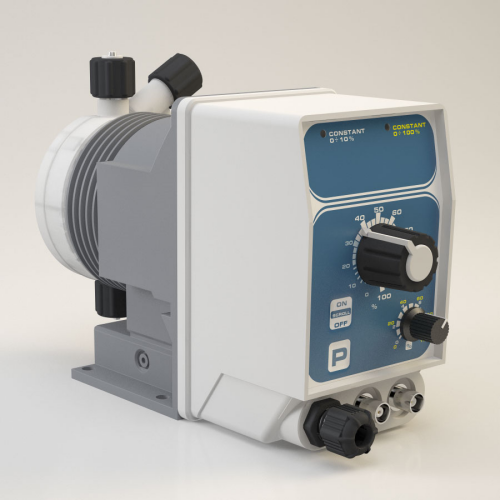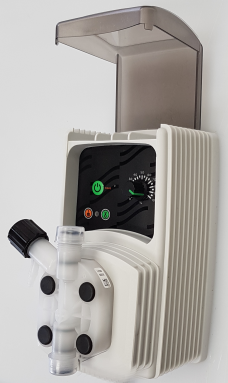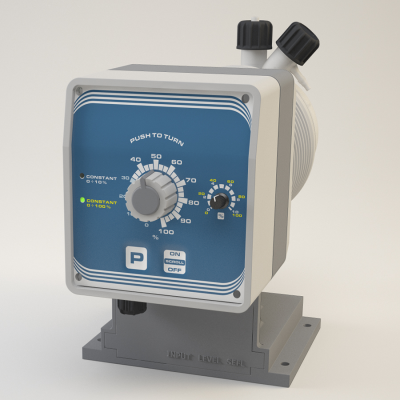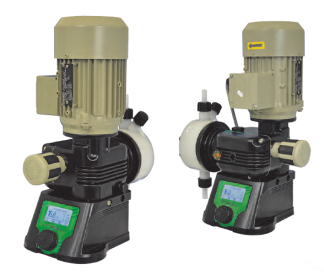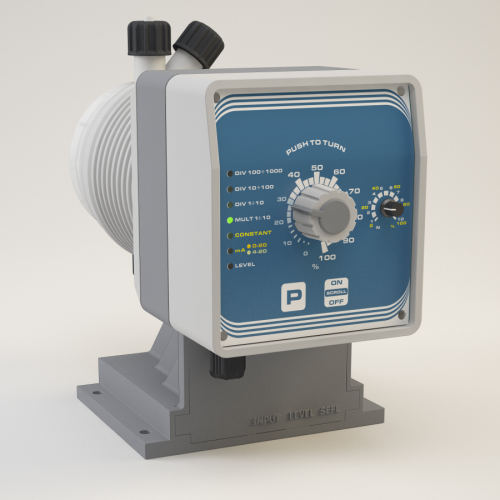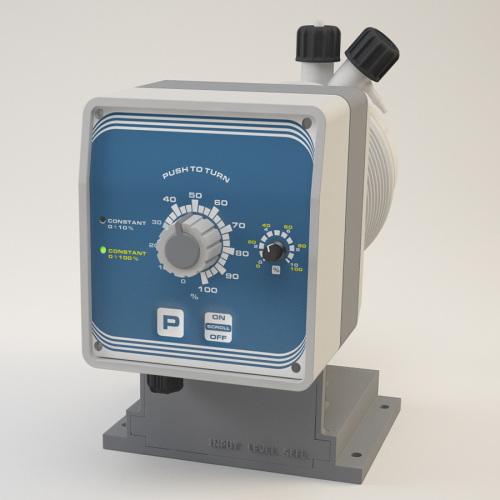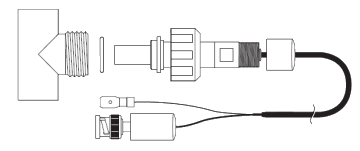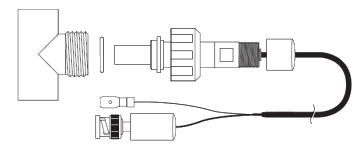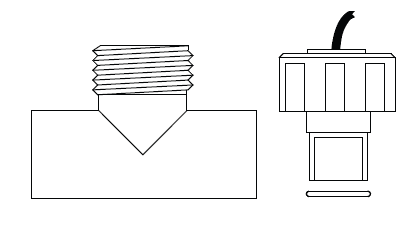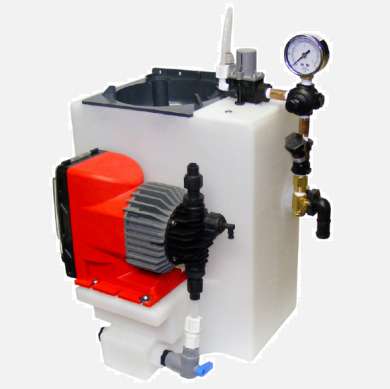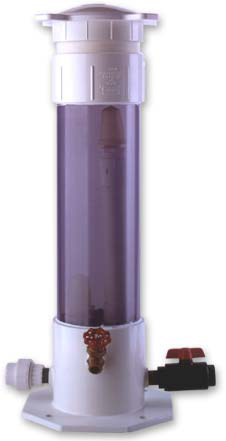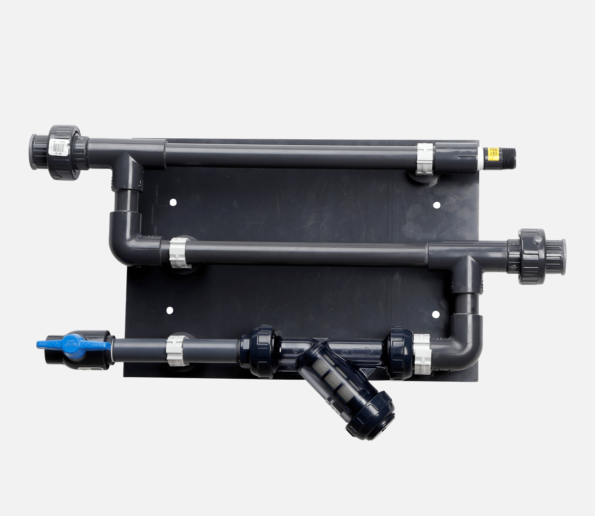Water treatment plays a huge role in the food industry, and it’s one of those behind-the-scenes essentials that often goes unnoticed… until something goes wrong!
Why Chemical Dosing Matters in Bottle Washing
In the food and beverage industry, bottle washing isn’t just about appearances – it’s about hygiene, safety, and keeping your production line running smoothly. And at the heart of effective bottle washing? Precise chemical dosing.
Here’s why it’s a big deal…
Clean Bottles, Safe Products
Whether you’re bottling water, soft drinks, sauces or anything in between, every bottle must be spotless and sanitised before it’s filled. Even tiny residues can lead to contamination, off-flavours, or a failed quality check. Chemical dosing systems ensure the right amount of cleaning agent and sanitiser is added every time – not too weak, not too strong.
Precision is Everything
Overdosing chemicals wastes money and could leave behind residues. Underdosing risks poor sanitation and hygiene failures. Automated dosing equipment takes the guesswork out and ensures consistent results – vital for maintaining compliance with food safety standards.
Cleaner, Greener, Smarter
Modern bottle washers often incorporate recycling loops for wash water. Accurate chemical dosing ensures those systems run efficiently, cutting water use, reducing chemical waste, and supporting sustainability goals.
No Room for Error
A single batch of poorly washed bottles can lead to a production halt, costly downtime, or worse – a recall. Investing in reliable chemical dosing is a small cost for a big safeguard.
In short: If you’re washing bottles as part of your process, chemical dosing isn’t optional – it’s essential. Clean bottles = clean reputation.
Why Water Treatment Matters in the Food Industry
1. It’s All About Safety and Compliance
-
Water used in food production must meet strict health and safety standards.
-
Contaminated or untreated water can introduce harmful pathogens (E. coli, Salmonella), leading to product recalls, legal trouble, and damaged reputation.
-
Water treatment ensures compliance with local and international regulations (like UK’s Food Standards Agency or the EU’s hygiene package).
2. It’s Used Everywhere – Not Just in Cooking
-
Think beyond just the ingredients – water is used to wash produce, clean machinery, cool systems, and even steam-sterilise equipment.
-
Even the ice used in packaging or drinks must be treated properly.
3. Protecting Product Quality
-
Minerals and chemicals in untreated water (like iron, chlorine, or hardness) can affect the taste, colour, or shelf life of food and drink.
-
Softened, filtered, or deionised water helps ensure consistency – batch after batch.
4. Sustainability and Cost-Effectiveness
-
Efficient treatment systems reduce water waste, energy use, and the need for harsh cleaning chemicals.
-
Some plants reuse water safely after treatment – big tick for eco-credentials.
Key Areas Where Treated Water is Essential
✅ Ingredient Water
-
Beverages, soups, sauces – if water is part of the final product, it must be purified to food-grade standards.
✅ Cleaning and Sanitation
-
Treated water helps avoid residue build-up and guarantees a hygienic environment – crucial for food safety audits.
✅ Cooling and Heating Systems
-
Boilers and chillers need clean water to run efficiently without scale or corrosion, which can cause costly downtime.
✅ Wastewater Management
-
Food factories produce a lot of wastewater. Treating it before disposal is not just responsible – it’s often required by law.
Types of Water Treatment Systems Used
-
Filtration systems – remove physical particles and sediments.
-
Reverse osmosis – ideal for removing salts and contaminants.
-
UV sterilisation – kills bacteria and viruses without chemicals.
-
Softening systems – remove calcium and magnesium to prevent scaling.
-
Chlorination or ozonation – for disinfection.

